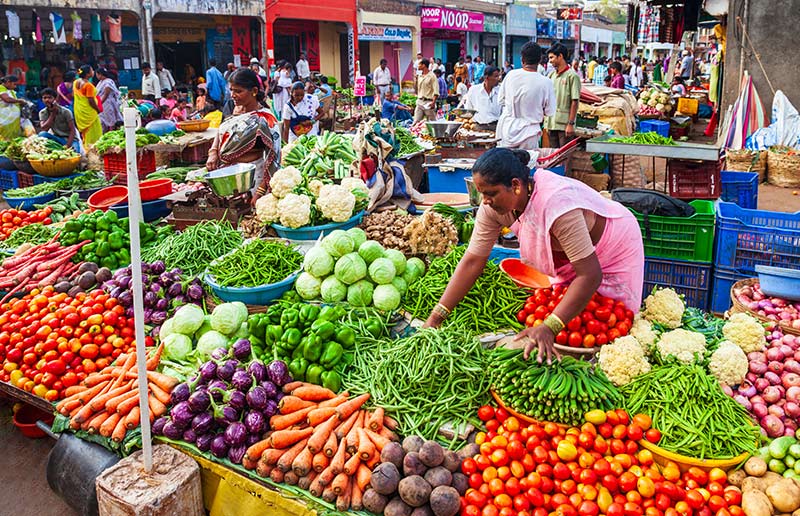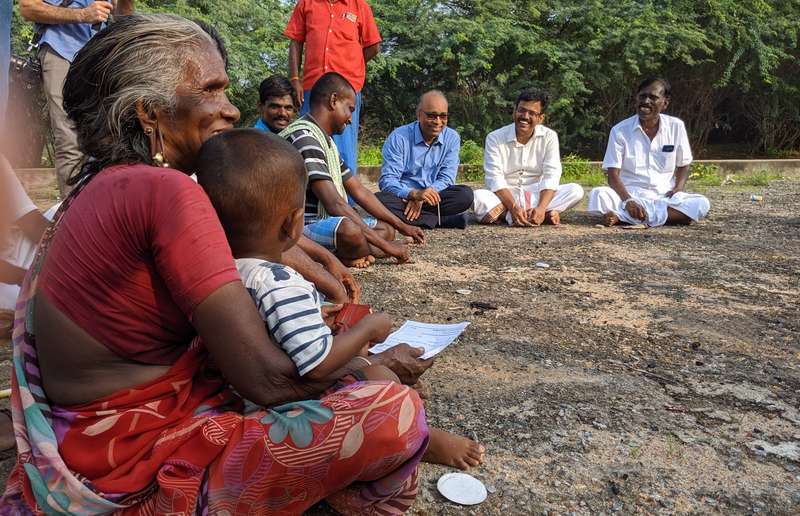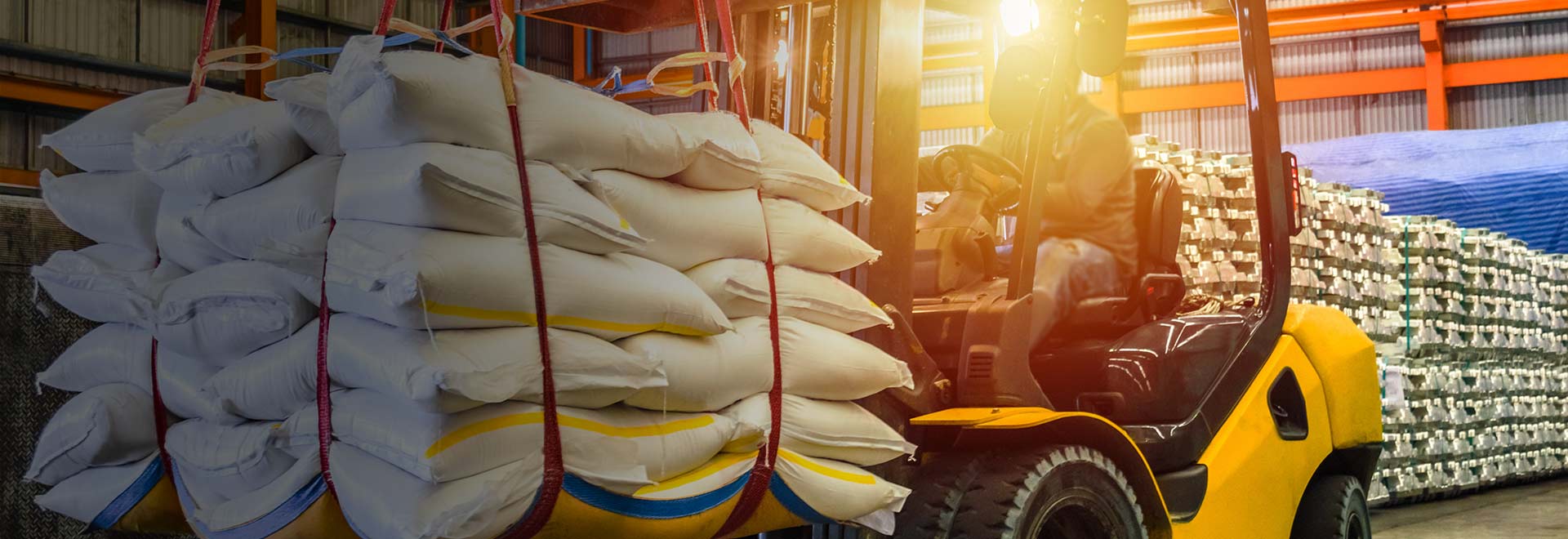Being the only organisation back in 2014 to look at agriculture as a viable market to providing financial linkages, Samunnati has come a long way today. The journey hasn’t been an easy one; it was one of hard work of a small team of pioneers with a background in finance, learning and unlearning together on how agriculture markets and finance can work in tandem in India. And we continue to learn each day.
The agriculture sector In India is complex and has its own set of unique challenges just like any other development sector – mobilising the right kind of capital being the primary. There have been multiple models and interventions – both financial and non-financial over the years – sometimes for the same problem; however, there has been limited evidence on long-term, positive impact of these on small-holder farmers livelihood and income.
Market-led Approach to Agriculture

We realised quickly that agriculture should not be treated as an isolated activity but looked at as an industry or a sector – thoroughly understanding its underlying interlinkages and dependencies. There was also a need to look at agriculture from the ecosystem level and across the value chain in order to positively impact the small-holder farmers.
In the above context, our focus was on designing a suitable model. We designed a growth-oriented model that we call ‘Value Chain Finance’ model, wherein all the stakeholders in the agriculture value chain benefit through our financial and non-financial interventions. The outcome being collective growth of all the stakeholders and their activity, with the smallholder and marginal farmer being the end beneficiaries.
Our next focus was on how we achieve this. In order to bring in collective growth across value chains we operate in, we realised there was a need to increase the volume of transactions through structured financial products. Rather than taking a traditional approach that focused on the supply side dynamics of increasing the production levels, we focused on increasing the demand, and in turn, brought that increased demand to the suppliers – in this case, the farmers or farmer collectives. By progressively increasing the demand in the value chains, we are ultimately making markets work for smallholder farmers.
In doing the above, we wanted to add value to our customers through a well-rounded set of
interventions that further aids our approach to increasing the demand. We pioneered the AMLA (Aggregation, Market Linkage and Advisory Services) approach. Here, we leverage the power of aggregation to reduce the cost of cultivation while increasing the bargaining power of farmer collectives, resulting in their collective welfare.
Our Impact in Five Years

Samunnati has experienced steady growth since its inception. We consciously moved away from being just a product company and piloted financial solutions to meet the needs of our customers. This helped us identify and implement the best credit structures and financial solutions based on varying tenors and crop cycles. Our product customisations ensured farmers and agri-businesses have access to the right amount of capital and at the right time, thereby improving their incomes and reducing the cost of production. As a result, we were able to quickly expand our customer base to 500+ FPOs with a member base of 4 million farmers, and 700+ Agri Enterprises.
We have also been able to create a positive social and environmental impact by working with stakeholders across the value chain. This has, in turn, helped us meet the United Nation’s Sustainable Development Goals (SDGs). Of the 17 goals, we directly impact 7 SDGs including no poverty, decent work and economic growth, responsible consumption and production, gender equality, zero hunger, reduced inequalities and peace, justice and strong institution through its work with Farmer Producer Organisations (FPOs).
We have been able to establish strategic partnerships at the ecosystem level with international foundations, Development Finance Institutions (DFIs), accelerators, research institutions that further enabled us to support lending to agri-businesses and strengthen our AMLA approach.
From a team of just a few members, Samunnati currently employs 315 people with a presence across 16 states in India. Today, several of our senior team members participate at strategic roundtables, panels and workshops to share their insights and experience on key topics such as agriculture financing, technology and policy and so on.
Over the last few years, Samunnati’s work and model have been recognised by several key
organisations and forums in the agricultural ecosystem. Last year, we won two prestigious awards – we were recognised by TiECON Chennai as the ‘Scale Up Enterprise of the Year’ and conferred the Jury Special Award as an ‘Enabling Institution for FPO promotion’ at the ACCESS Livelihoods India Summit 2019.
Endless Possibilities and Way Forward

The year 2020 has started on a positive note with hope and endless possibilities for the agricultural sector as a whole in India and Samunnati. We plan to increase our portfolio size further and showcase to the larger finance community that agriculture is creditworthy and ready to absorb investments. The idea is to increase the availability of different pools of capital from mainstream lending entities for farming by working with stakeholders.
We want to leverage the power of technology to benefit farmers and see how we can change agriculture for the better. Samunnati has already started working with some key Agtech players to digitise farm-level data and making technology useful to the farmers.
We will launch our ‘Pitch Fest’ and an incubator facility for start-ups in the agriculture space. We are excited about the prospects of ag-innovations that we can leverage to further improve the productivity and income of farmers.
Samunnati will also leverage the power of the agricultural ecosystem by launching its second edition of the FPO Summit and Awards. To know more about the first edition, click here.
To collaborate/ contribute, write to Corporate Communication Team – communications@samunnati.com

Leave A Comment